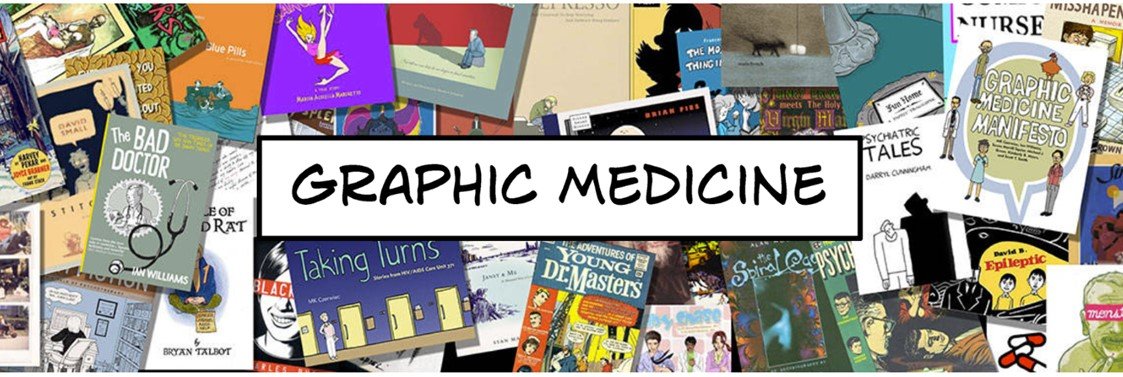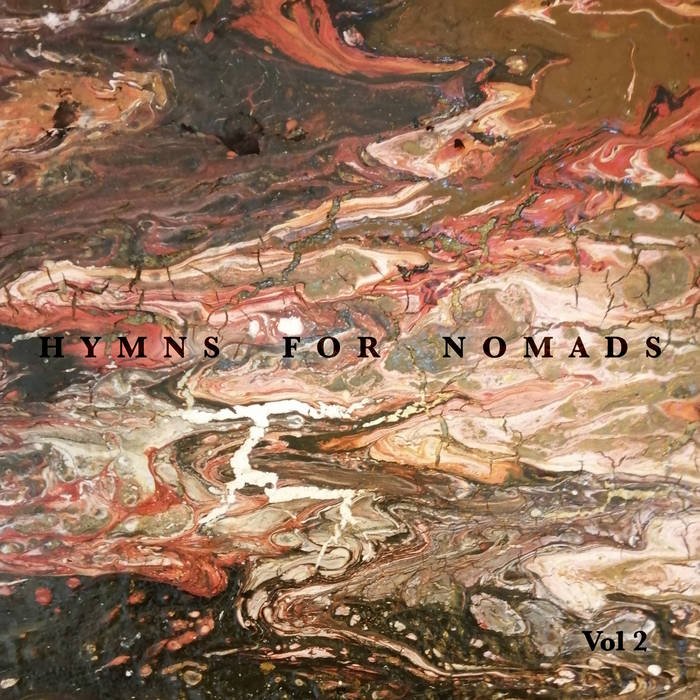“Pandemic Theology”
My book, “Pandemic Theology: Listen, Lament & Labor” is the result of a two year journey, interviewing doctors, nurses, chaplains and other healthcare professionals to capture the theological, religious and spiritual themes that emerged from their experience while working within a COVID unit. While many expressed the positive impact faith, religion and Christian voices had on their experience of both coping with and working within this unique time in our history, this was not always the case. Many others expressed how certain religious voices and concepts not only seemed to compound the stress they were experiencing, they also appeared to obstruct and work against the containment of a contagion they were fighting against.
As a backdrop to these interviews, a brief historical survey of Christian voices and responses to pandemics, plagues and epidemics is provided to help the reader reflect more deeply upon our most recent experience. As we survey those religious voices from the Early Church period to our present day, we will hear voices we might seek to embrace and others we might do well to avoid. WIth this historical survey we see how Christian leaders addressed issues that were very similar to our own, issues of: government shut-downs, mandates, conspiracy theories, stories of "fake news," disbelief of the seriousness of a particular disease or virus due to religious beliefs, the suspending of worship services, concerns of medical ethics, putting people into categories of essential and non-essential workers, the role of faith in matters of public health and many others.
At the heart of Pandemic Theology: Listen, Lament & Labor is to help assist the reader to think deeply through the theological questions of: "How is a Christian to respond during times of a mass suffering? Are there already standing, historically rooted, theologically based responses and protocols for how the Christian is to respond during times such as this? How great of a role does ministry to the sick play in our present religious lives? How do concepts of sin and the judgement or wrath of God relate to times such as this? What is the pastoral care task during times of suffering? What can the church learn from the voices of healthcare professionals that stepped into those sacred spaces in care for others? What areas of present theological understanding and practice does the church need to grow in, as it relates to sickness, suffering, death and dying?
Pandemic Theology: Listen, Lament & Labor provides the practitioner of both faith and medicine alike a roadmap and model to follow to help advance compassionate care in the contexts of both widespread suffering, as well as at the bedside of a suffering friend.
Click here to order a copy: https://a.co/d/dLitU6r
Graphic Medicine: Frontline Comic Project
Image from www.graphicmedicine.org
As I have had a lifelong love of comic books, who is also a healthcare chaplain I was so excited to come across this group, Graphic Medicine https://www.graphicmedicine.org/ I have always loved the more autobiographical works that told the stories of people’s lives and how they related with both their internal and external world. Those types of comics were always much more intriguing to me than the more traditional “super hero” narratives.
Within those types of autobiological works, through the beauty of “thought bubbles” one is able to hear the experience of others. As one who is steeped in the medical world, I have so appreciated graphic novels that engaged with this world. Within “Graphic Medicine,” one hears the thoughts and experiences of patients, doctors, nurses, etc. as they engage with the creative and cathartic of creating a comic around their experience.
In this vein, I wanted to bring forward a dialog between physicians who are also comic book artists around how they processed the experience of the pandemic through this storytelling medium. Here is the link to their work of bringing together healthcare professionals, pandemic stories and comics: https://frontlinecomicsproject.org/ https://youtu.be/eL8eCnsrxzg Enjoy!
“Hymns for Nomads: vol. 2”
For the last several years I have been intrigued by the concept and spirituality of nomads. I think the reason for being intrigued is that I find myself relating with, and identifying with the concept in many ways (that is for another blog post). I don’t know David Benjamin Blower, but I have so appreciated his music specifically his album, “Hymns for Nomads: vol. 2.” In almost the style of a cantor, David’s music brings one into a reflective state leading you into a space of contemplating God’s gentle healing care for his people as they journey through life. His work has been a very rich accompaniment to my devotional life. Highly recommend it.
Ending Stigma: An Interfaith Discussion on Suicide Prevention
Any type of illness, in and of itself has an isolating factor to it. If you hear someone sneeze (especially, post-COVID), everyone takes a step back. If you present with symptoms of a fever, you are often told to isolate until you are fever-free. Very quickly, even with the common cold, a person can find themselves depressed and lonely. Infinitely more so, when it comes to the subject of mental health and the subject of suicide.
Within houses of worship there are persistent concerns about the stigma relating to mental health issues. Within this there is a compounded concern, in that houses of worship are often the first to take notice of concerns of individuals, as they will often reach out to their pastor, priest, rabbi, imam, etc. as a trusted source for care. Because of this, I so appreciate this dialog hosted by Rev. Dr. Que English by the National HHS Partnership Center to help decrease the stigma of reaching out to receive help when suicide and other forms of mental health are a concern. Here is the link to an incredible conversation among leaders of various faith traditions talking about this very reality. https://youtu.be/yNp3BmS1-Uw?t=10 This talk entitled, “Ending the Stigma: An Interfaith Discussion on Suicide Prevention,” is so very helpful and am hoping for many, many more conversations. I am thankful for discussions such as these that are beginning to happen more and more in houses of faith to be able to help advance wholistic care for their members.
It is important to note, that as people experience suicidal ideation, this is a spiritual issue that reaches to core of a person’s sense of their self. Because of this it is imperative that religious leaders grow in their comfort levels of being able to enter into and have these types of conversations with their congregations. I admit, these are difficult conversations to have. However I so appreciate dialogs such as this, from a variety of perspectives who are speaking to this struggle and are seeking to overcome these points of stigma for people to be able to receive the help that is needed. If any pastors, ministers or priests from the Christian perspective would like to have a dialog on this subject, and be part of a panel discussion, please reach out to me at chaplainhoffman@gmail.com because I believe the Christian church cannot have enough discussions on this.
If you, or anyone you know would like to talk to someone about suicide, please utilize the nation-wide suicide prevention hotline by simply dialing 988 to talk to someone on the Suicide and Crisis Lifeline. Here is their website for more information: Lifeline (988lifeline.org)
“Religion & Medicine” Interview with Dr. Jeff Levin by Rabbi Richard Address
Author, Dr. Jeff Levin’s Religion and Medicine interview with Jewish Sacred Aging.
I couldn’t recommend Jeff Levin’s book more highly. Within his work is a thorough historical survey of the engagement between both religion and medicine that facilitates an education like no other. This is a capstone work that brings together a culmination of his decades long research on this topic. Within this he gives somewhat of a comparative religions perspective on how various faith groups engage with medicine and healthcare. (As an aside, though I wasn’t looking for it, while I was reading along I was delightfully surprised at his mention of the humanitarian aid and medical missions work I presently oversee, as an example of a healthcare system that is engaging with matters of spirituality and faith). Here is link to an interview he gave back during the pandemic, shortly after Religion and Medicine was published with Rabbi Richard Address of Jewish Sacred Aging. Enjoy!
Christianity is a Waiting Faith
“While he was with them, he commanded them not to leave Jerusalem, but to wait for the Father’s promise. “Which,” he said, “you have heard me speak about; for John baptized with water, but you will be baptized with the Holy Spirit in a few days.” So when they had come together, they asked him, “Lord, are you restoring the kingdom to Israel at this time?” He said to them, “It is not for you to know times or periods that the Father has set by his own authority. But you will receive power when the Holy Spirit has come on you, and you will be my witnesses in Jerusalem, in all Judea and Samaria, and to the ends of the earth.” (Acts 1:4-8)
To be honest with you, I don’t like to wait. I find that when I have to wait, I grow impatient and nervous.
The reality is we are all waiting.
We are waiting for a conflict to resolve.
We are waiting for a sickness, disease or ailment to be over.
We all have those spaces that occupy our way of being and spirituality that we are looking forward to pass.
Waiting is difficult.
Waiting can be incredibly frustrating and anxiety producing.
By nature we like to rush ahead and “make things happen.” We love Martha, while we can criticize Mary. Martha gets stuff done, while Mary is commended about something that “will not be taken from her” as she sits peacefully at the feet of Jesus, to just be (Luke 10:38-42). Yet in the text cited above, we see the testimony of Luke recounting the instructions of Jesus to his disciples, “to wait.”
Here at the birth of the church, Jesus leads his disciples into a place of waiting. This is instructive to us. They were called “to wait for the Father’s promise,” that being the sending of the Holy Spirit to start a global ministry of being Christ’s witnesses to ends of the earth. The events of Acts chapter 1 were a unique, unrepeatable time in salvation history; yet within, there is a pattern revealed that points to a very important reality of Christian faith and spirituality. Our faith, is a waiting faith.
Throughout the Old Testament there were points where God’s promises of a future hope were revealed while God’s people awaited its fulfillment. From the time of the garden, we are drawn to lean forward for a time when a serpent crusher would be born. It was promised, yet they waited. Abraham and Sarah were promised to be the parents of a nation, while they remained barren in their old age. It was promised, yet they waited. Throughout the time of the kings and prophets we are told of a future messiah who could come and bring salvation to his people. Then as we press forward, the people of God found themselves waiting for a promised messiah for hundreds of years until the advent of Christ in Bethlehem. It was promised, yet they waited. Christ waited 30 years before entering into his 3 years of earthly ministry. Here they are told to wait for the Holy Spirit. Now, as followers of Jesus, we wait now for the second advent of Christ. Our faith is a waiting faith. Understanding this is central to a Christian spirituality and its rhythms within our lives.
The wait isn’t something we reject, but instead receive. The wait draws us to a place of a contemplative spiritualiity. The wait draws us to where God has been calling His people throughout Scripture, to a place of resting in grace; resting in His activity. Within the wait there is an anxiety that is quieted, birthed from a trust, knowing that the Father will fulfill His promises. Within this wait there is a promise of God’s animating Spirit that would endwell and empower His people. The Christian faith and way of spirituality, has never been about our work and activity, but instead it has always been about the fulfillment of God’s promise to be with and work on behalf of His people and in His people, as His people even do also work. The wait allows us to place proper attention upon God’s activity of grace. Such a form of patient, trusting faith that waits upon God’s timing and work, does an internal work within us. There is a spiritual formation that takes place within our souls during this process, that quiets the anxiety of the heart. To embrace the practice of waiting as a central form of our Christian spirituality, it calls us to rest.
As it has always been this waiting is not inactivity, nor is it apathy. Instead it is one that celebrates the animating work of the Spirit that has been promised by the Father that now indwells you, as a follower of Christ. As we await a life with no more pain, no more sickness, no more relational, social and economic aches and pains, we live lives leaning forward. As we lean, we wait for the ultimate fulfillment of all of God’s promises. As we wait for victory over particular temptations, we do so actively waiting, trusting and actively following Jesus who brings about ever increasing freedom and deliverance in our lives. As we wait, we trust. As we wait, we rest in His transforming grace that changes us. We rest in God’s spirit that animates us to be His witnesses. As we do so, God’s people enter into a supernatural reality of restful work that glories the One who works in and through us. Does waiting work? Yes, it works, while we rest and await the One who ultimately does all the work through and in His people. Our faith is a waiting faith, whereby we rest in the work of God in and through us for His glory to be revealed all the way to the ends of the earth.
TEDx Talk: Humanitarian Logistics: Advancing Care for Both People & Planet
Earlier this year I had the honor of being selected to give a TEDx Talk based on the humanitarian aid work we have done in the area of medical surplus recovery from a healthcare organization to then resource medical humanitarian aid and medical missions. I hope you enjoy the talk!








